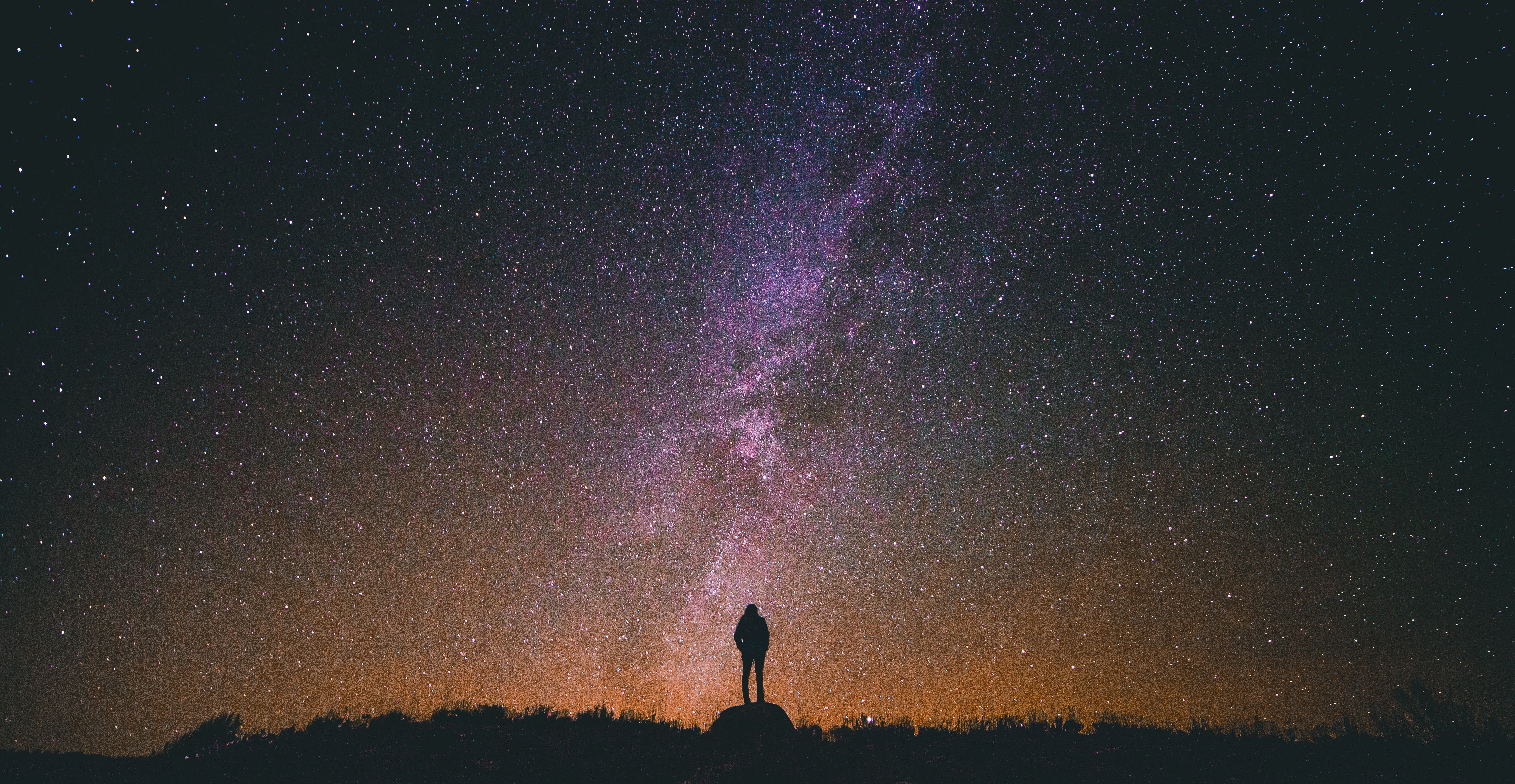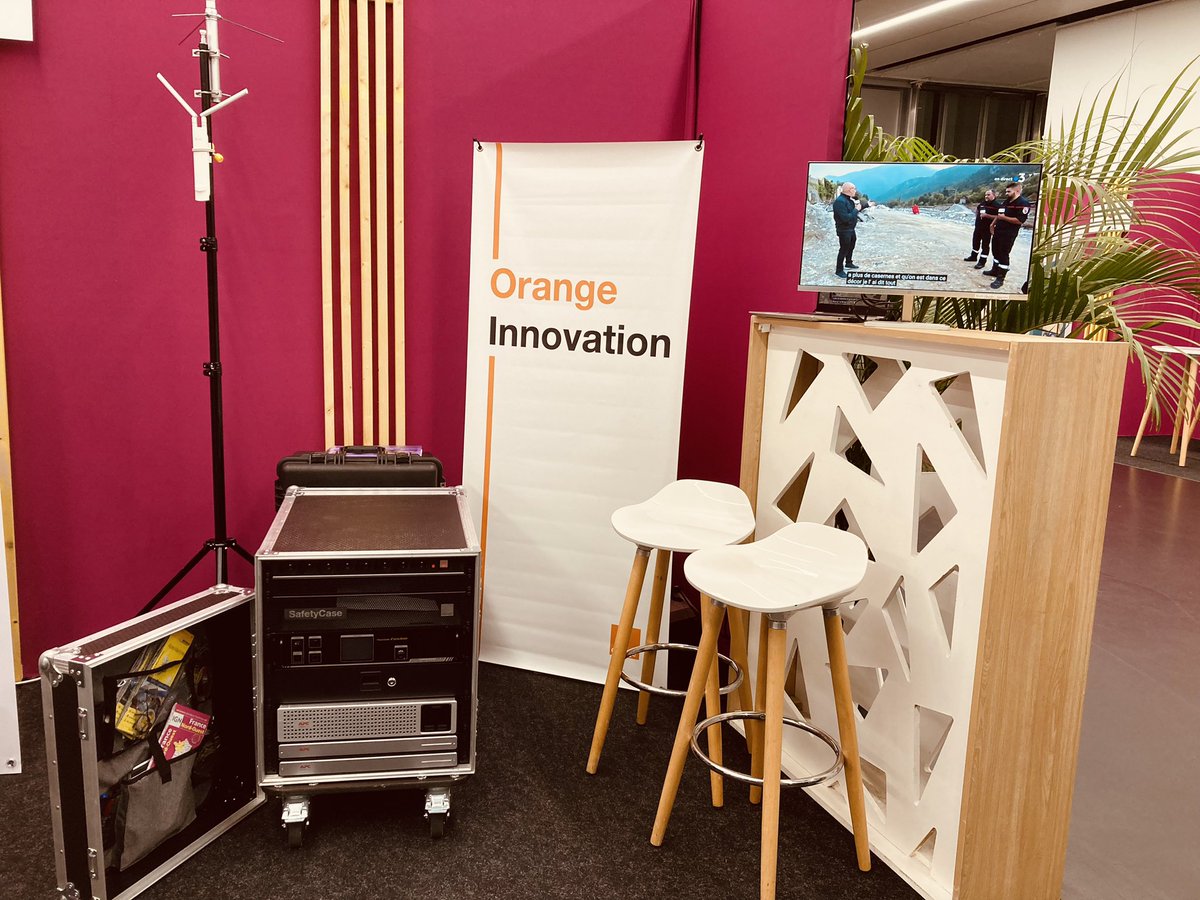Rudy de Waele is a renowned speaker, futurist, humanist, curator and author. He also participated as a speaker in La Digital Tech Conference in 2015. This year, he will be back there again to introduce the three themes for 2018 and to speak about a subject close to his heart: the age of consciousness.
The era of digital assistant / food / love through the eyes of Rudy de Waele
“Technology is great”, he assures us. “It is revolutionising our everyday lives and urging us to think differently about what we do and who we are”. This is true of personal assistants, who, like Google Assistant, could be confused with humans: they have human voices, intonations and vocabulary. Those working in this field are also exploring the physical similarities that make it difficult to tell them apart, such as emotions, gestures. They have it all.
So what about food? “In the UK, 50% of products consumed have been industrially produced. In Europe, this figure is 40%. Food is a genuine cause for concern. Global obesity rates have never been higher. Digital food enables us to respond qualitatively to this social issue: we can now design dishes and foods in laboratories, using vegetables or proteins.”
And love? Rudy de Waele is more sceptical on how technology can contribute: “love is not digital”. “The tools we have are addictive and we are always in search of recognition. The first thing we need to do is to love ourselves more for who we are as people.”

Time to move to the age of consciousness
A year after he last participated in La Digital Tech Conference, Rudy de Waele experienced burn-out. “I realised that there was no meaning in anything I did.” So he spent six months in Spain in “philosophical training”, then headed to Istanbul to set up a new company. “I continue to lead conferences, but rather than speaking purely about technology, I have refocused my speech on the impact of technology on humanity”.
“We are living in a 400-year-old industrial system. Technology and design are only contemplated under the prism of reason and rationality and I believe we are reaching the end of the cycle, because everything we do today only serves to sublimate this Cartesian conception.” He adds: “Everything linked to the notion of task, in particular work, will be replaced by machines or artificial intelligence.” And this change will have an impact not only on industry or routine jobs: education and teaching will also be affected. “Learning how to do things, filling our brains with knowledge then testing them, will be obsolete because the knowledge will be available elsewhere — on Google for example.”
Rudy de Waele concludes: “We must aim for a totally different system. I believe technology will set us free. Tomorrow, we will be led on a quest for meaning and humanist values. Mankind will again find a central place, in a world where we will be surrounded by machines, and we will learn to live and work with them. Our greatest challenge will be personal transformation, while today the digital transformation is under the spotlight. Rather than doing things because we have to, we will again savour our freedom and achieve our dreams.”




